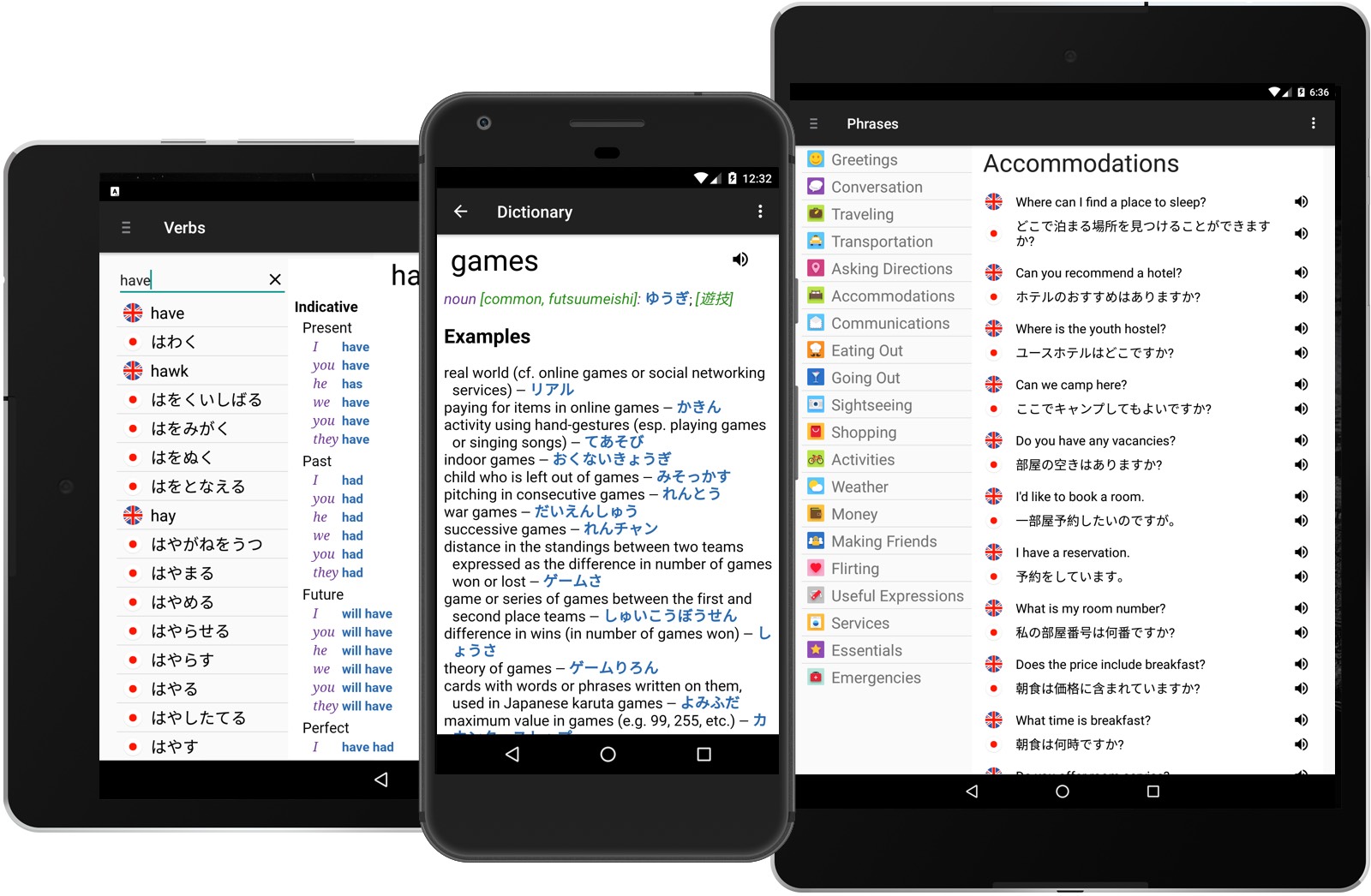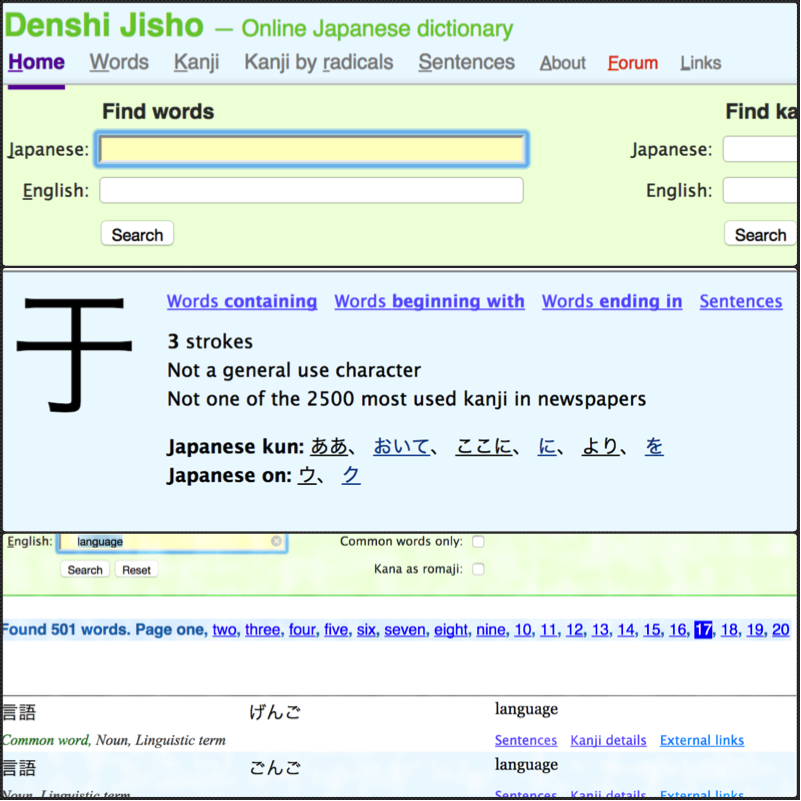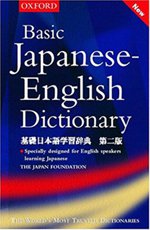
The first, and oldest, Chinese system of collation by semantic field (for instance, "birds" or "fish") dates back to the ca. These three Japanese collation systems were borrowed and adapted from Chinese character dictionaries. The Japanese writing system originated with the introduction of Chinese characters around the 4th century CE, and early Japanese dictionaries developed from Chinese dictionaries circa the 7th century CE. In general, jikeibiki organization is for a readers' dictionary, bunruitai for a writers' dictionary, and onbiki for both types.

"character pull/arrange) "character dictionary dictionary" "character book") "character dictionary dictionary" "word book") "dictionary wordbook lexicon glossary" "thing reference-work") "encyclopedia, encyclopedic dictionary" "character reference-work") "character dictionary"


"word reference-work") "dictionary lexicon glossary" It also uses dictionary to translate six Japanese words. The Wiktionary uses the English word dictionary to define a few synonyms including lexicon, wordbook, vocabulary, thesaurus, and translating dictionary. 2.3 Phonetically organized dictionariesįirst, it will be useful to introduce some key Japanese terms for dictionaries and collation (ordering of entry words) that the following discussion will be using.2.2 Semantically organized dictionaries."Early" here will refer to lexicography during the Heian, Kamakura, and Muromachi periods (794–1573) and "modern" to Japanese dictionaries from the Edo or Tokugawa era (1603–1867) through the present.

(1998:35)Īfter introducing some Japanese "dictionary" words, this article will discuss early and modern Japanese dictionaries, demarcated at the 1603 CE lexicographical sea-change from Nippo Jisho, the first bilingual Japanese–Portuguese dictionary. It has often been said that dictionary publishing in Japan is active and prosperous, that Japanese people are well provided for with reference tools, and that lexicography here, in practice as well as in research, has produced a number of valuable reference books together with voluminous academic studies. Present-day Japanese lexicographers are exploring computerized editing and electronic dictionaries. To find a French definition of that word, visit the equivalent page in the French Wiktionary.Japanese dictionaries ( Japanese: 国語辞典, Hepburn: Kokugo jiten) have a history that began over 1300 years ago when Japanese Buddhist priests, who wanted to understand Chinese sutras, adapted Chinese character dictionaries. For example, see the entry for the French word dictionnaire. This is the English-language Wiktionary, where words from all languages are defined in English.


 0 kommentar(er)
0 kommentar(er)
